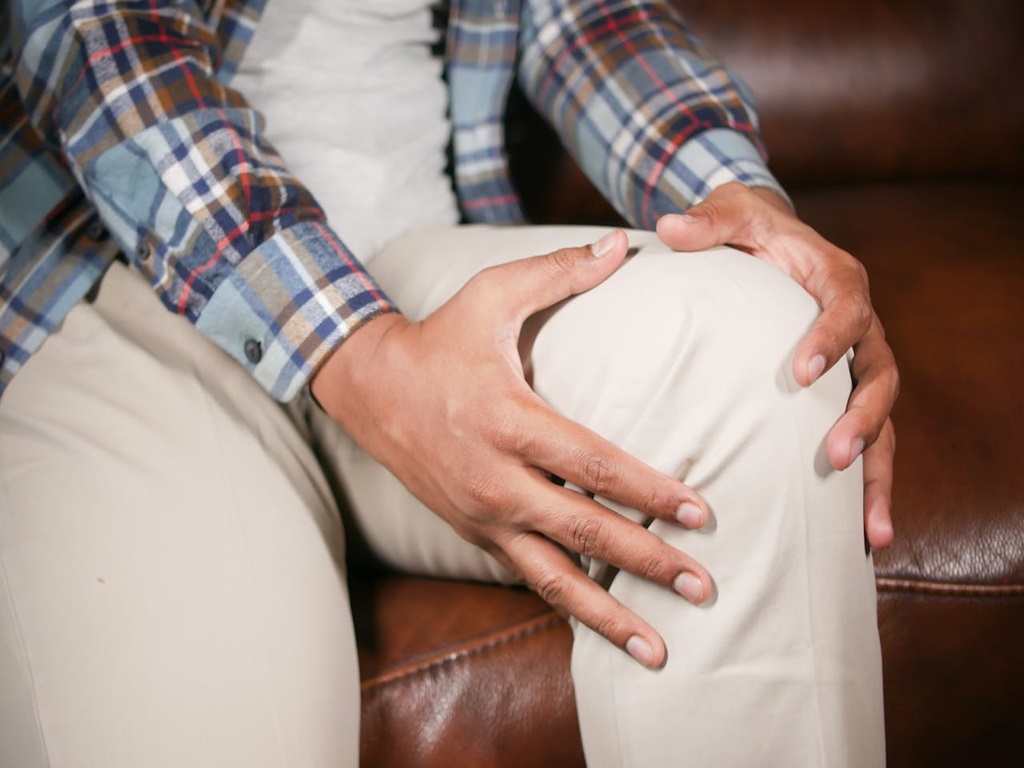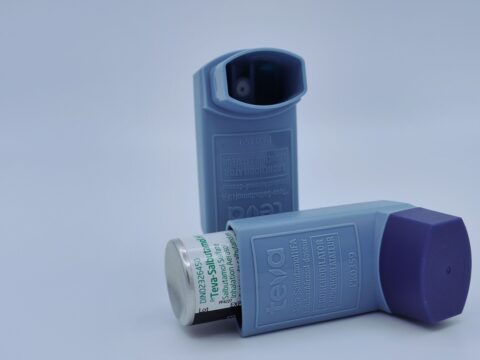Knee pain can be a significant obstacle to daily activities and overall quality of life. Whether it’s caused by an injury, arthritis, or overuse, understanding how to manage and recover from knee pain is essential. Here’s a comprehensive guide to help you navigate the recovery process and find relief.
Understanding Knee Pain
Knee pain can stem from various causes, including injuries, arthritis, or repetitive stress. Common conditions include ligament tears, meniscus tears, and osteoarthritis. Identifying the root cause of your knee pain is crucial for effective treatment.
Rest and Ice
When experiencing knee pain, the first step is often to rest the affected area. Avoid activities that aggravate the pain and give your knee time to heal. Applying ice to the knee can help reduce inflammation and numb the pain. Use an ice pack wrapped in a cloth for 15-20 minutes several times a day.
Compression and Elevation
To manage swelling, use an elastic bandage or knee brace for compression. This helps reduce fluid buildup in the knee. Additionally, elevating your knee above heart level when resting can also help minimize swelling.
Pain Relief Medications
Over-the-counter pain relievers, such as ibuprofen or acetaminophen, can be helpful in managing knee pain. These medications reduce inflammation and alleviate discomfort. Always follow the dosage instructions and consult with a healthcare provider if you have any concerns.
Physical Therapy
Physical therapy plays a vital role in knee pain recovery. A physical therapist can guide you through exercises that strengthen the muscles around your knee, improve flexibility, and enhance overall stability. This can help prevent future injuries and reduce pain.
Low-Impact Exercises
Engaging in low-impact exercises can be beneficial for knee pain. Activities such as swimming, cycling, and walking are gentle on the knees while helping to maintain joint mobility and strengthen surrounding muscles. Always start slowly and consult with a healthcare provider before beginning any new exercise routine.
Weight Management
Excess weight can put additional stress on your knees, exacerbating pain. Maintaining a healthy weight through a balanced diet and regular exercise can alleviate some of the pressure on your joints and support overall knee health.
Lifestyle Modifications
Making certain lifestyle changes can also aid in knee pain recovery. Using proper techniques when lifting objects, avoiding high-impact sports, and wearing supportive footwear can help reduce knee strain and prevent future issues.
When to Seek Medical Attention
If knee pain persists despite home treatment, or if you experience severe pain, swelling, or difficulty moving the knee, seek medical attention. A healthcare professional can provide a thorough evaluation, recommend appropriate treatments, and discuss potential surgical options if necessary.
Prevention and Long-Term Care
Once your knee pain improves, focus on prevention and long-term care. Continue with strength-building exercises, maintain a healthy weight, and avoid activities that could lead to injury. Regular check-ups with your healthcare provider can help monitor your knee health and prevent future problems.



